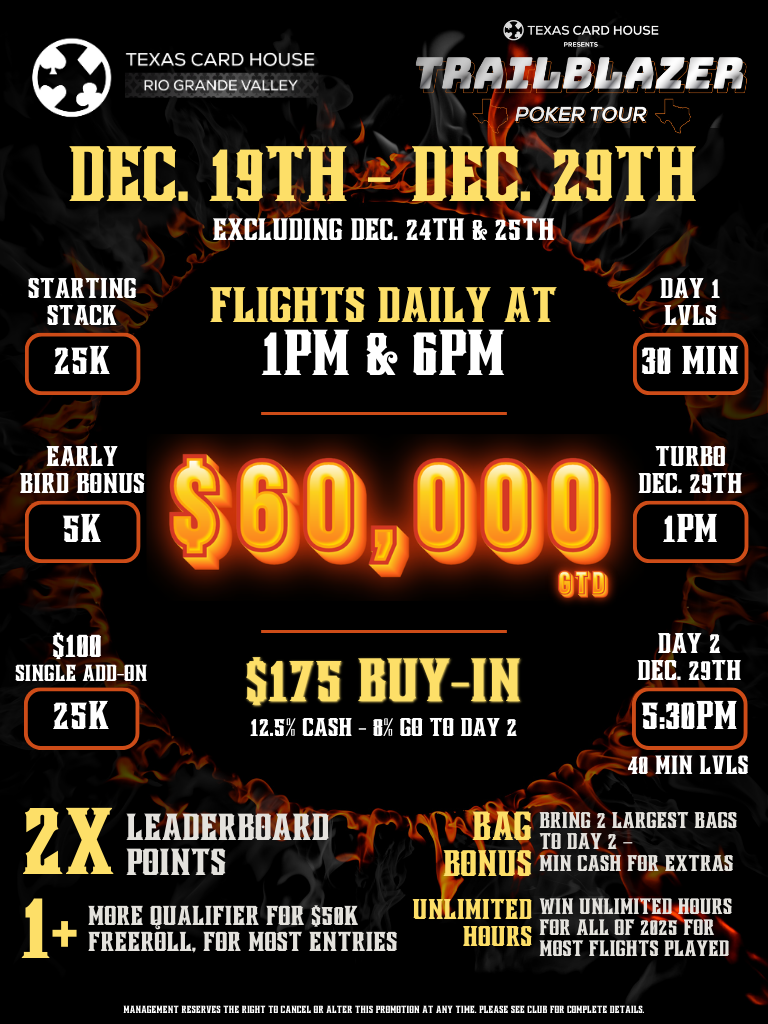New Jersey Online Poker Laws
New Jersey Online Poker Law
Online poker and casino games are now legal in New Jersey.
New Jersey Governor Chris Christie signed the country’s most comprehensive online gaming bill into law late February 2013, and several online poker sites went live at the end of November.
“This was a critical decision, and one that I did not make lightly," Christie said in a statement. “But with the proper regulatory framework and safeguards that I insisted on including in the bill, I am confident that we are offering a responsible yet exciting option that will make Atlantic City more competitive while also bringing financial benefits to New Jersey as a whole.”
Borgata, owned by a joint venture between Boyd Gaming and a divestiture trust established by MGM Resorts International, was the first company in New Jersey’s history to receive an online gambling license in October 2013.
Contracted with Bwin.party Digital Entertainment Plc. to provide its online service. Bwin.party Digital Entertainment Plc. was formed by a merger in 2011 between Partygaming and bwin.com.
The publically traded Bwin.party Digital Entertainment Plc., company describes itself as “a global online gaming business with millions of customers worldwide and pro forma net revenue in 2012 of €801.6 million ($1 billion plus) and Clean EBITDA of €164.9 million (more than $222 million).”
Thirty-seven firms applied for online gambling licenses in New Jersey in 2013, including huge Las Vegas casino magnate Steve Wynn’s company, Wynn Interactive. Wynn does not own a casino in New Jersey, which means it will either have to buy or build a casino there, or contract with an existing property. Wynn signed a contract with online poker provider 888 Holdings in Sept. 2013 for its Las Vegas operations.
One of the caveats of the New Jersey online gambling law is licensed casinos must have a brick-and-mortar presence in the state. PokerStars, the world’s largest online poker company, tried to buy a casino in New Jersey, but was rejected by the state in 2013.
PokerStars will face major resistance trying to crack into the online poker market in the United States because it continued to operate here after the feds made it clear they were not welcome.
Sites will pay 15 percent for taxes, in addition to a minimum $400,000 licensee fee and a minimum $250,000 renewal every year. The governor estimates that gambling revenue will almost double in 2014 to $436 million. There are no figures breaking down how much online poker will contribute.
Wells Fargo’s financial analyst was even more optimistic, saying the online gambling implementation will generate between $650 million to $850 million.
New Jersey is likely to contract with other states in the future, which would expand its online poker base and would be the best thing for the online poker consumer. With so many companies that own casinos in multiple states, look for this to happen and for New Jersey to happily sign deals.
Please check back to this page often for more updates about this brand new online poker market.

